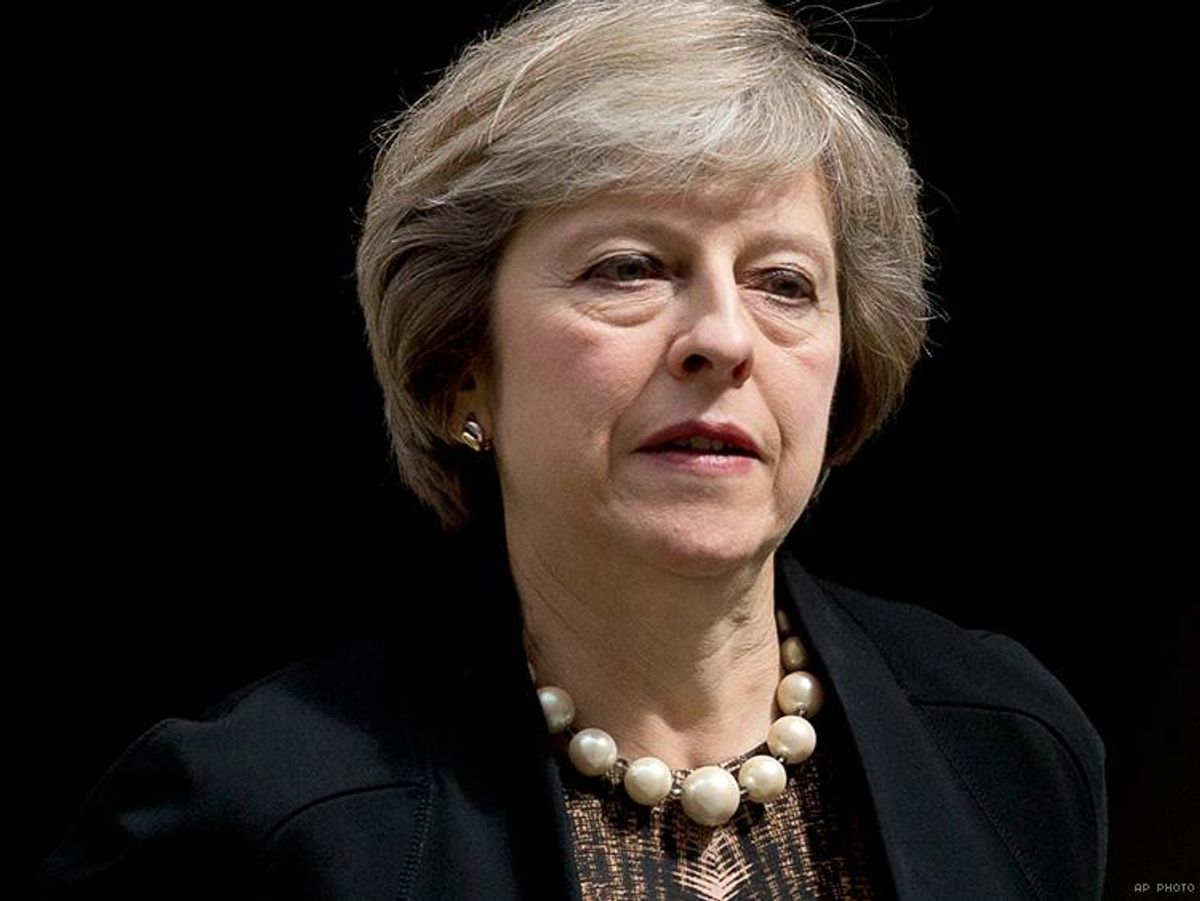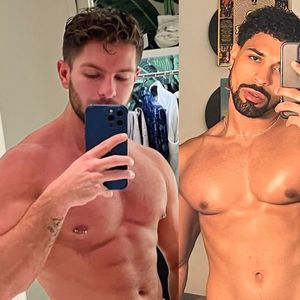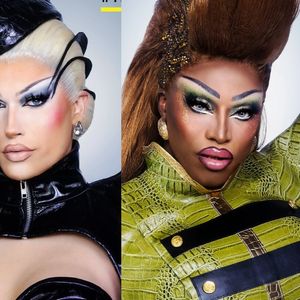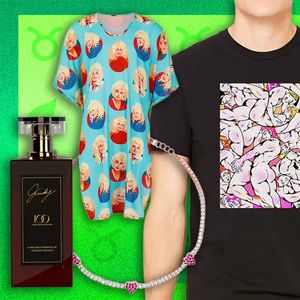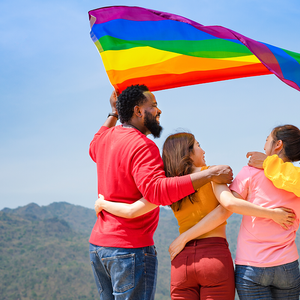The next prime minister of the United Kingdom is decided, and it's Theresa May, the home secretary who helped usher in marriage equality in 2013.
While it might be hard to imagine this level of comity in an American election, Energy Minister Andrea Leadsom withdrew from the race because she felt it would put undo stress on the country, and she faced long odds of winning over the members of Parliament who will choose the next prime minister. Now Britain is set to install a woman as leader for the second time -- Margaret Thatcher being the first, in 1979 -- in its history.
Leadsom faced a number of questions about her support for LGBT people, having opposed the country's marriage equality law in 2013 and argued that straight couples should be favored over same-sex couples in adoption.
But with May, Brits have a prime minister with a recently pro-LGBT track record. While working for current prime minister David Cameron, May had a public evolution.
In 2002 she opposed letting same-sex couples adopt, and in 2000 she voted against the first attempt to repeal Section 28 -- essentially a "gay propaganda" law that banned any pro-LGBT discussion in schools or government offices. Politically, much has changed since then, and an increasing number of British (and American) leaders now give vigorous support to LGBT equality in all these areas. By 2004, May had voted for civil partnerships, although she missed a rash of votes on other LGBT issues without explaining why.
David Cameron faced backlash for naming May in a dual role as home secretary and equalities minister in 2010. Tens of thousands joined a Facebook group called "Sack New Homophobic Equality Minister." Then May was asked about her old votes during Question Time on BBC One.
"If those votes were today, yes, I have changed my view and I think I would take a different vote," she told the audience member who had confronted her, adding that those votes were "some years ago."
"What will show the difference that the government is going to make is what we will do in government on this particular agenda of equalities," she said, calling out homophobic bullying in schools and the need to account for LGBT persecution in accepting applications for international asylum. May would go on several years later to split up the border agency accused of deporting LGBT asylum-seekers. She would go on to sponsor legislation for marriage equality in Parliament.
Leadsom's views now clearly contradict those of May.
"On the gay adoption I have changed my mind," May said in a follow-up on that issue, "because I have been persuaded that actually when you are looking at the future for a child, I think it's better for a child who is perhaps in an institutional environment, if they have the opportunity of being in a stable, family environment -- be that a heterosexual couple or a gay couple -- then I think it's more important that that child is in that stable and loving environment. And I have genuinely changed my mind on that."
Oddly, May was opposed to the Brexit -- the U.K's vote to leave the European Union -- that set in motion this whole change in leadership. She promises to implement Brexit because it's the will of the voters.
To run for prime minister, May also changed her position on whether to withdraw from the European Convention of Human Rights, a treaty that created an international court where anyone discriminated against can bring a case and precedent applies to all member countries. She advocated withdrawing but now says there isn't enough popular support for her idea. The court is considered a strong tool for spreading and safeguarding LGBT equality throughout Europe.
Ahead of the election for prime minister, May and the rest of the candidates were asked by Conservative Party group LGBTory for a statement about where she'd lead the country. And she gave a full-throated endorsement of LGBT rights. Here it is in full:
"When I launched my campaign for the leadership I set out my belief in building a country that works for everyone. Central to that vision is a commitment to equality, and I will always stand up for the rights of LGBT people.
"I supported Civil Partnerships in 2004, and was proud to sponsor the legislation that introduced full marriage equality in 2013 because I believe marriage should be for everyone, regardless of their sexual orientation. I didn't believe the State should perpetuate discrimination and prejudice against LGBT people. That's why equal marriage was a hugely significant social reform. And it also made a powerful and important statement that as a country we value and respect everyone.
"For me, equality is about fairness. It is simply wrong for anyone to face discrimination or abuse because of who they are or who they love. A Conservative Government under my leadership would be unequivocally committed to supporting LGBT people, and continuing the vital task of tackling hate crime, homophobia and transphobia -- both in the UK and around the world.
"I firmly believe in an open, inclusive, One Nation agenda of social reform which will change our country for the better. That is what I would offer as Prime Minister."
